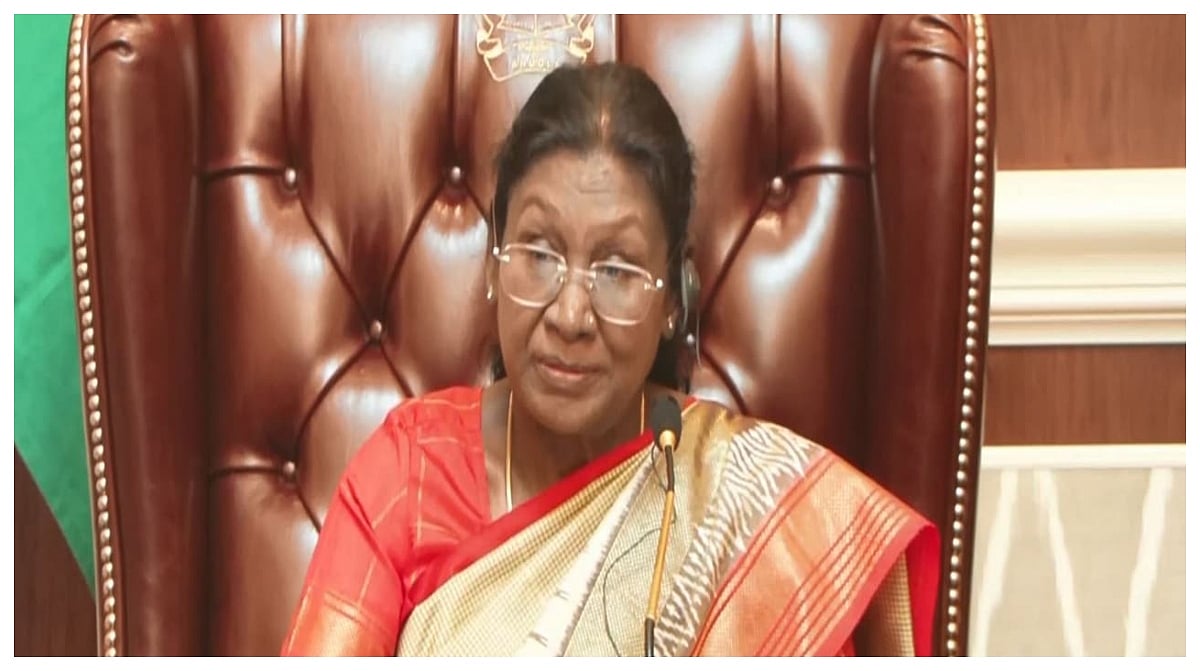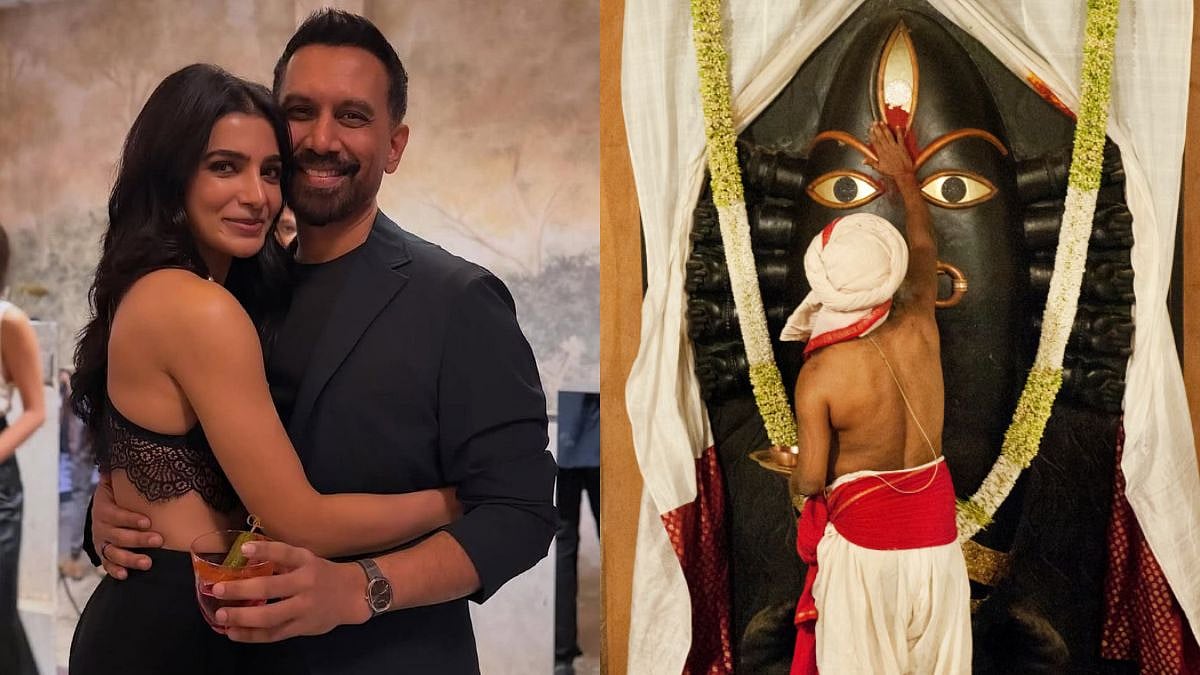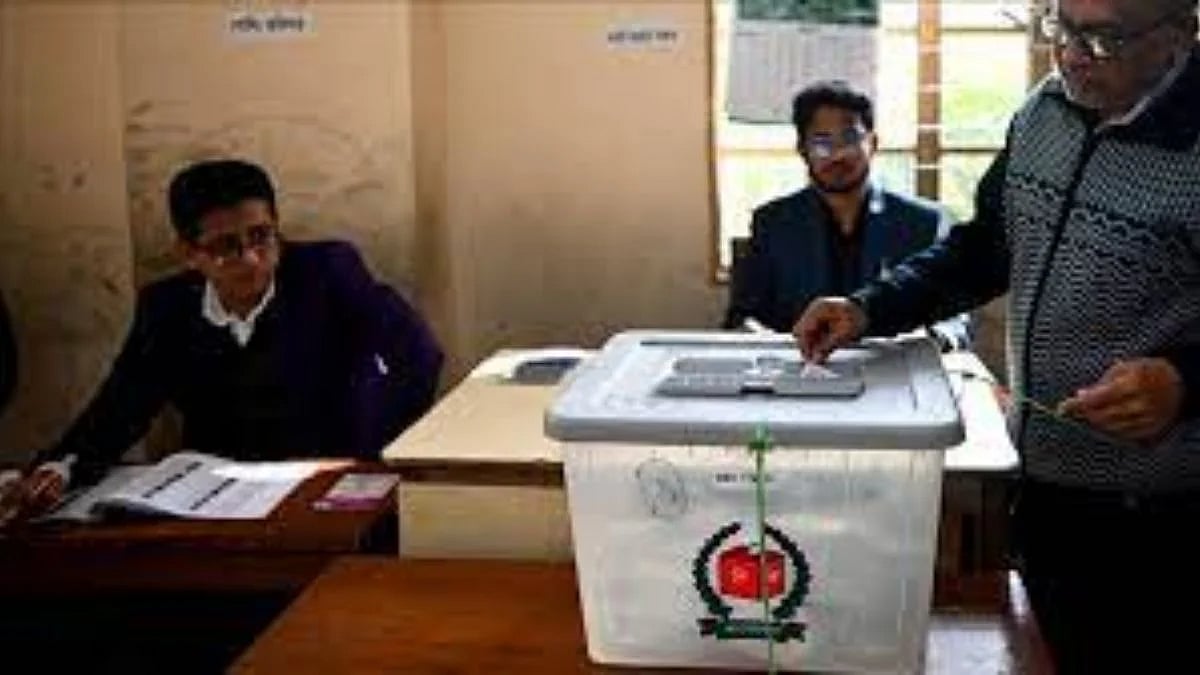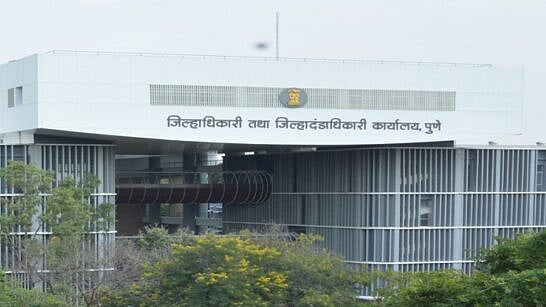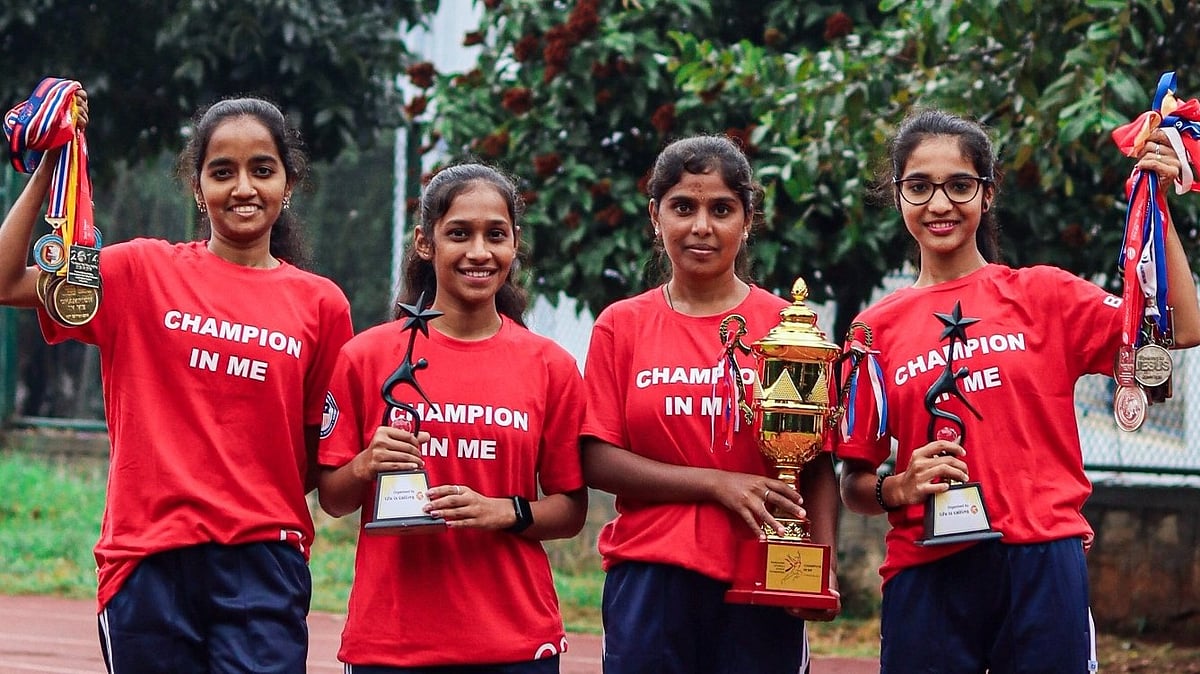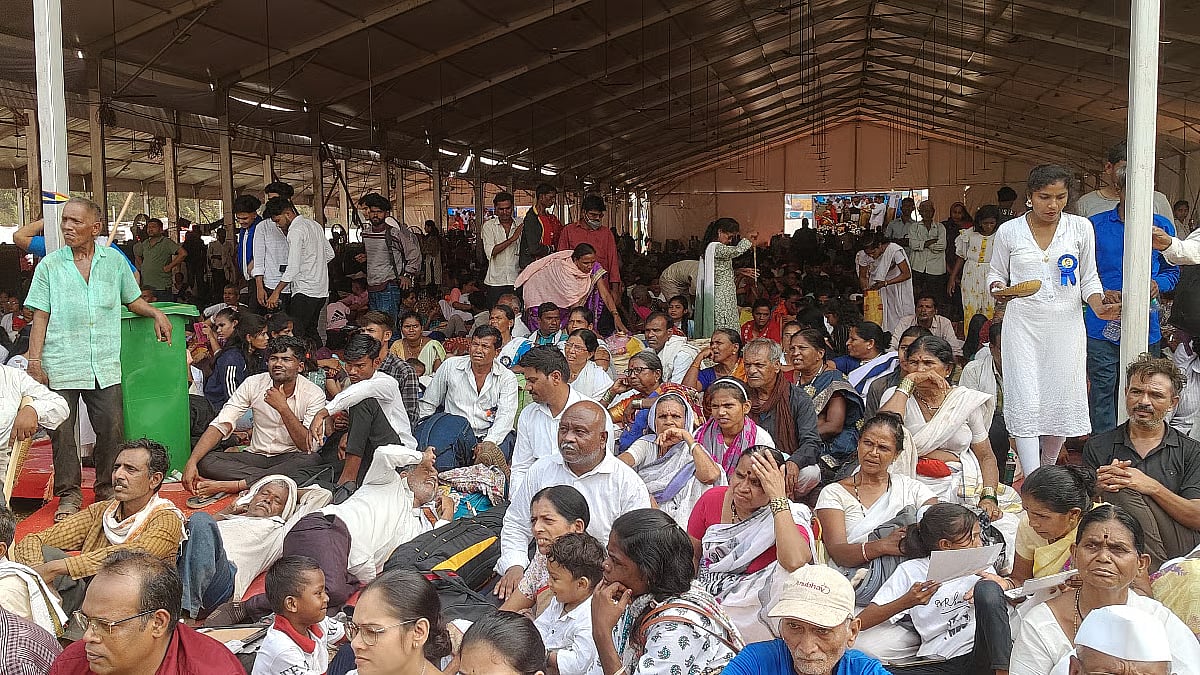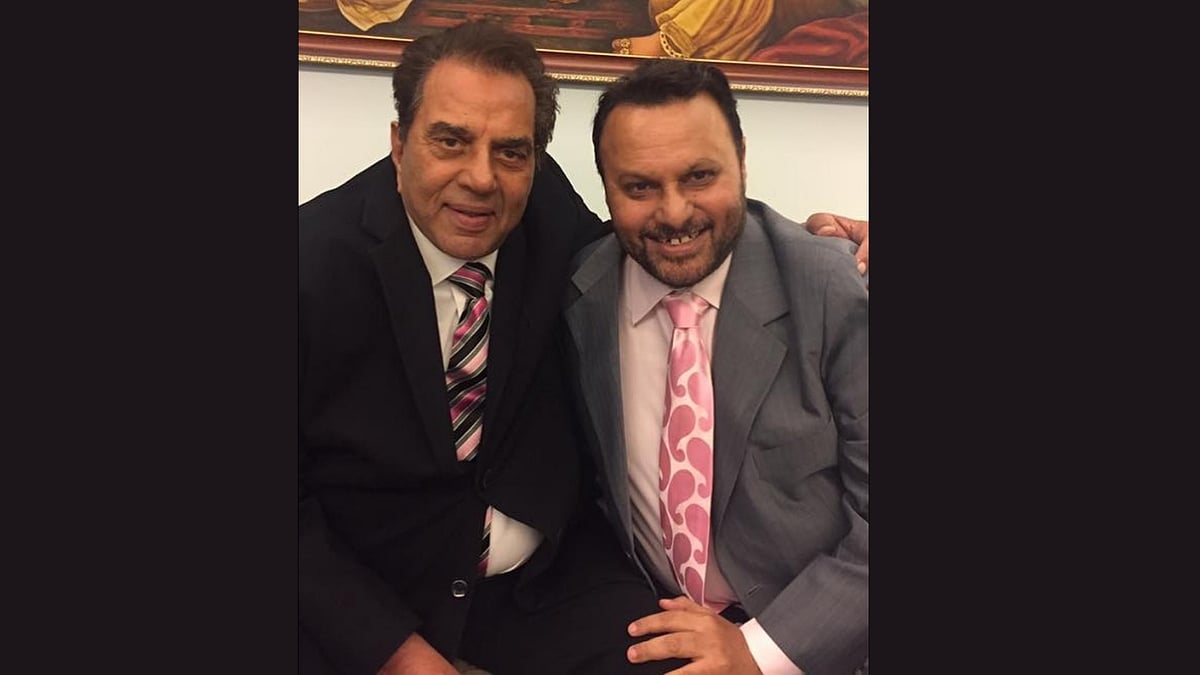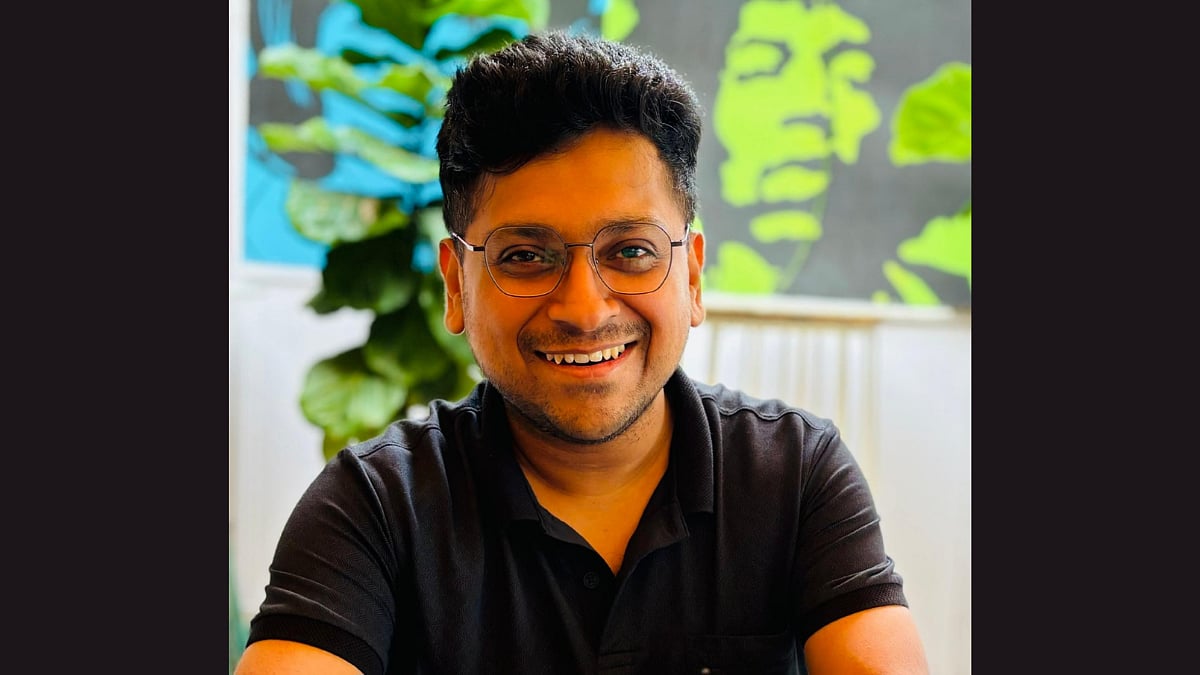In recent times and more so in the aftermath of the pandemic, slapstick, and humour is undergoing a catharsis in regional theatre.
Marathi and Gujarati theatre in Maharashtra have also witnessed the change. Actor and Bigg Boss contestant Aroh Welankar says that the sensibilities of the audience has changed. “Indeed there is an audience there that consumes a bit of slapstick and adult humour. However, that volume has gone down or the productions that cater to double primarily due to changing world audiences' sensibilities have changed drastically. Their choice of content and plays have also changed,” says Welankar.
A thought that producer and social activist Smita Thackeray also agrees too saying that ‘cheap’ has fallen in a heap. “I think the audience has become more sensitive towards entertainment when it comes to choices. They are in cue with what is happening around them and they now seek good content. They filter out what passes off in the name of humour and make conscious choices even when it comes to having a good laugh. Today's audiences need to connect and seek what is 'real'. Hence cheap humour doesn't work anymore,” she opines.
Welankar says that this has also to do a lot with the changing dynamics of theatre and the kind of competition it faces not just from the OTT which can go way below the belt, but way above production values.

“There is a change in the budgets and the subjects too. The gimmicks are different now, the direction is a notch higher and the storytelling has changed as have performances. Take for instance plays like Safarchand, which have done well in Marathi as well as Gujarati. They have a cinematic experience to it. Hamlet is a Marathi big production. Even Hindi is changing and a lot of good things are happening in theatre in Hindi, Marathi and Gujarati. Mughal-E-Azam and Aladdin are prime examples as to how theatre is standing up to the onslaught of cinema and OTT,” adds Welankar.
When television came with sitcoms and dramas, many were glued to it. Many actors from the theatre world from Shafi Inamdar to Rakesh Bedi, Pawan Malhotra to Sarita Joshi were some of the best actors we saw moving from theatre to the small screen. But theatre had to fight TV as well back then. Vipul Shah, JD Majethia and Aatish Kapadia thankfully did not just stick to the small screen, they continued their play in the drama world as long as big actors like Paresh Rawal continued to give their support to Gujarati theatre, but they made sure that the drama watch was up a notch.
History repeats itself in trying times. Theatre veteran and actor director Sunil Vishrani who dabbles in Gujarati and Hindi says that there is a change in humour in Gujarati theatre. “This is because of exposure of audience to other regional and international content online during lockdown. This has changed the perspective of comedy. The previous comedy style also did well commercially. But as generations changed, there was a need to change the style as per their liking. Many people, especially women, felt that double meaning dialogues were not good to consume with the family. As the makers felt the need to change, we have seen changes in the comedy style. Now, good sensible comedy plays with a social message are winning hearts and a lot more women are watching plays,” he opines.
Those on the other side of the fence also reckon that there is a sea of change w.r.t content across the world and it is not just about platforms. Akshay Bardapurkar, who heads the Marathi OTT platform Planet Marathi, feels that the writers have changed in theatre and that is the reason for the change. “There is not just a reduction in slapstick comedy but comedy as a genre has gone down. In this ‘real’ world with content going hyper-local, most stories or scripts revolve around biopics, and real stories and adaptations and comedy is never considered real and mostly it's staged, with dialogue based content. After the OTT rise, the consumption of other content has grown exponentially and since that’s the most watched content, hence comedy has taken a back seat in many platforms. Many writers have now moved from theatre to other platforms and you do not find that talent doing the same work and fresher writers are writing comedy for theatre and hence the change,” says Bardapurkar who is also a regular patron of Marathi theatre.
If a lot of patrons don’t get the current jokes in theatre, they are one too.

